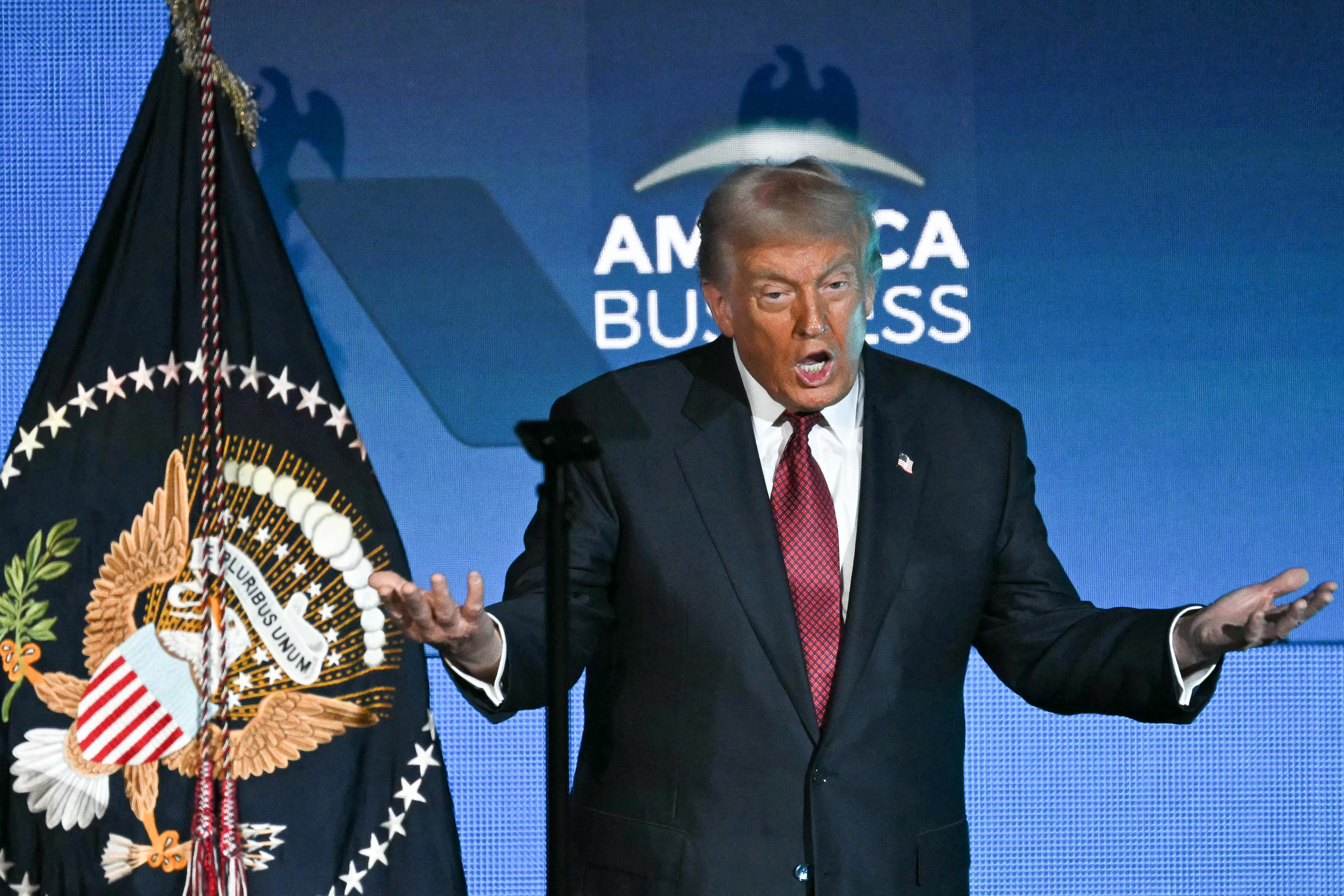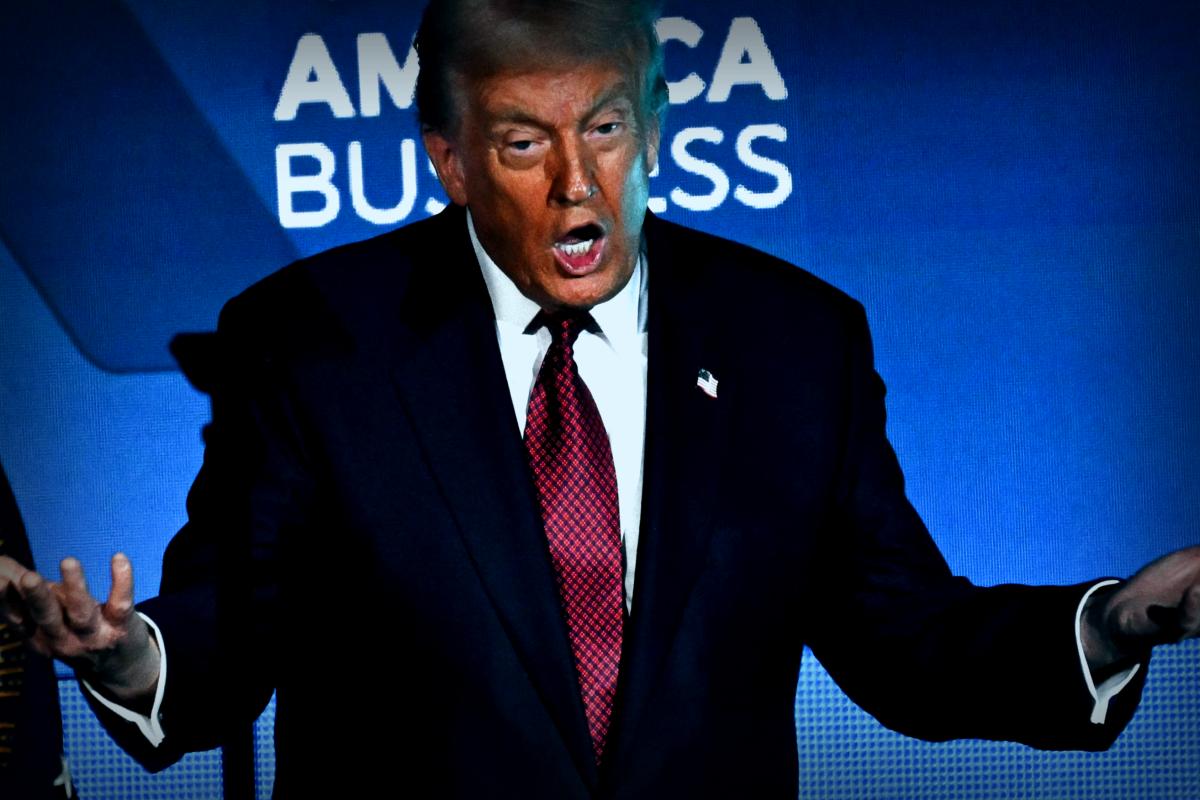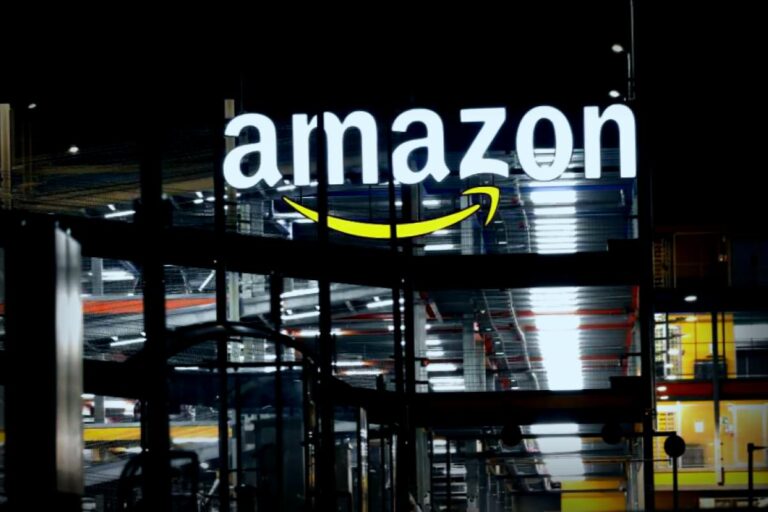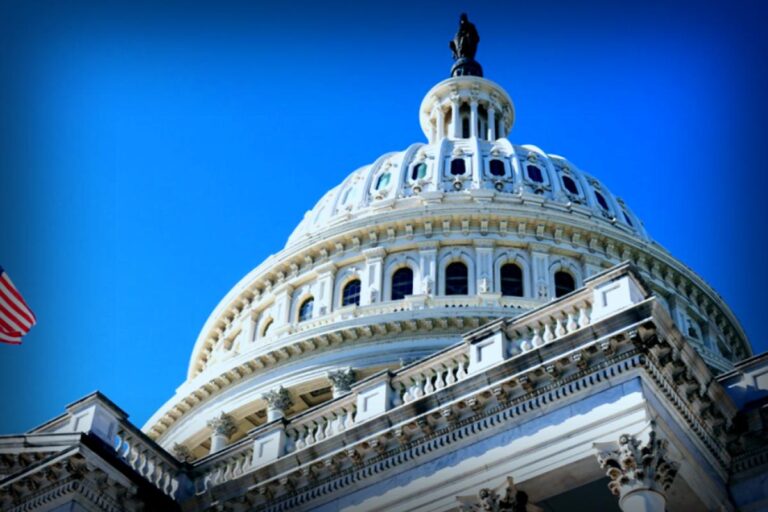
- Stocks surged on Wednesday as the Supreme Court expressed doubt over Trump’s tariffs.
- Market analysts argue that a decision against the tariffs could significantly boost investor confidence.
- Both consumer goods companies and automakers experienced notable gains during trading.
Could the stock market be on the brink of a significant shift? We’re about to find out!
Just seven months after a massive downturn sparked by the announcement of Donald Trump’s tariffs, investors are holding their breath, hoping for good news from the Supreme Court.
During the afternoon on Wednesday, reports surfaced suggesting that justices might be questioning Trump’s authority to impose broad tariffs on their own. This led to a rebound in stocks, pulling the Dow Jones Industrial Average up by 300 points and carrying the S&P 500 nearly 1% higher after an earlier decline, thanks to tech stocks facing selling pressure.
If the Supreme Court ultimately restricts Trump’s ability to unilaterally conduct his trade policy without legislative input, it could hint at major shifts in the market landscape.
This case raises important economic and political questions, particularly regarding Trump’s reliance on the International Emergency Economic Powers Act, which allows him to implement tariffs without Congress’s agreement. Justices reacted strongly, indicating this issue is far from straightforward.
A favorable ruling for the economy would mean breathing room for countless businesses, alleviating the burdensome import taxes that have clouded profitability forecasts this year.
Additionally, resolving this tariff issue might calm fears of higher inflation — an aspect that’s kept the Federal Reserve cautious about its monetary policies.
Cory Johnson, chief market strategist at Epistrophy Capital Research, shared his insights, highlighting how the Supreme Court’s skepticism could be a game-changer. “You could still build, but you paid extra for every module and power source,” he explained. “The justices’ reservations hint they might ease that premium, and in a fast-paced market where efficiency matters, that’s like getting a performance upgrade!”
The challenges of reshoring manufacturing, exacerbated by Trump’s tariffs, have troubled major firms. Companies like Apple have found it complicated to reclaim factory jobs in the U.S. without facing steep tariffs.
Daniel Bustamante, CIO at Bustamante Capital Management, expressed optimism about moving past these tariff discussions, saying that his hedge fund views a potential ruling against the tariffs as a bullish sign for stocks. “We’re eyeing this positively for the market—the trend seems to be leaning that way even now, affecting different sectors positively,” he mentioned.
Companies directly impacted by tariffs, including Stanley Black & Decker, RH, and auto giants GM and Ford, all experienced stock boosts following news that these tariffs might be challenged.
On Polymarket, a prediction platform, the likelihood of the court favoring Trump’s tariffs plunged to only 27% by Tuesday afternoon, down from 45% just weeks prior.
Bustamante remains hopeful that this momentum in the stock market will sustain into the upcoming days and weeks as further developments unfold.
Meanwhile, Glenmede’s vice president, Michael Reynolds, raised a critical point regarding tariffs already collected: can the Supreme Court enforce that these previous tariffs be refunded?
“If the ruling comes down as anticipated and billions are traced back from the tariffs already collected—potentially exceeding $100 billion—this could act as additional fiscal support layered over existing policies and the gradual easing from the Federal Reserve,” he remarked.




















